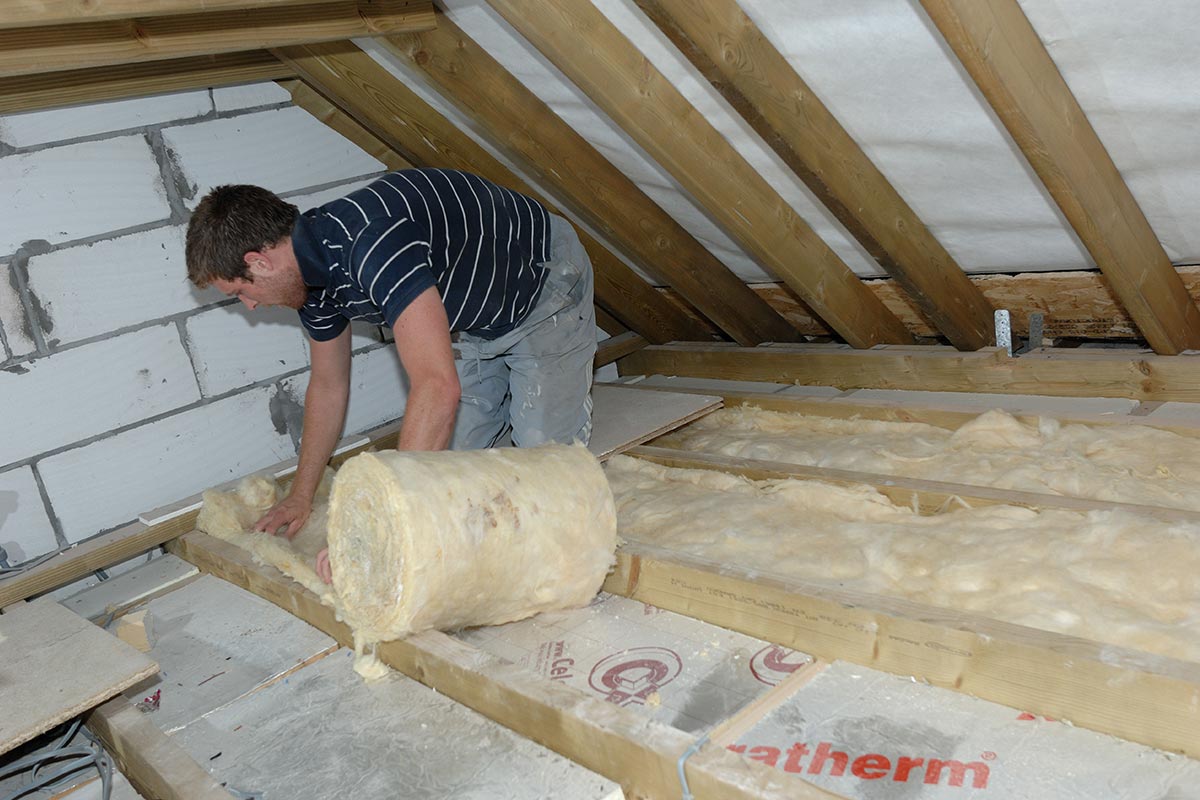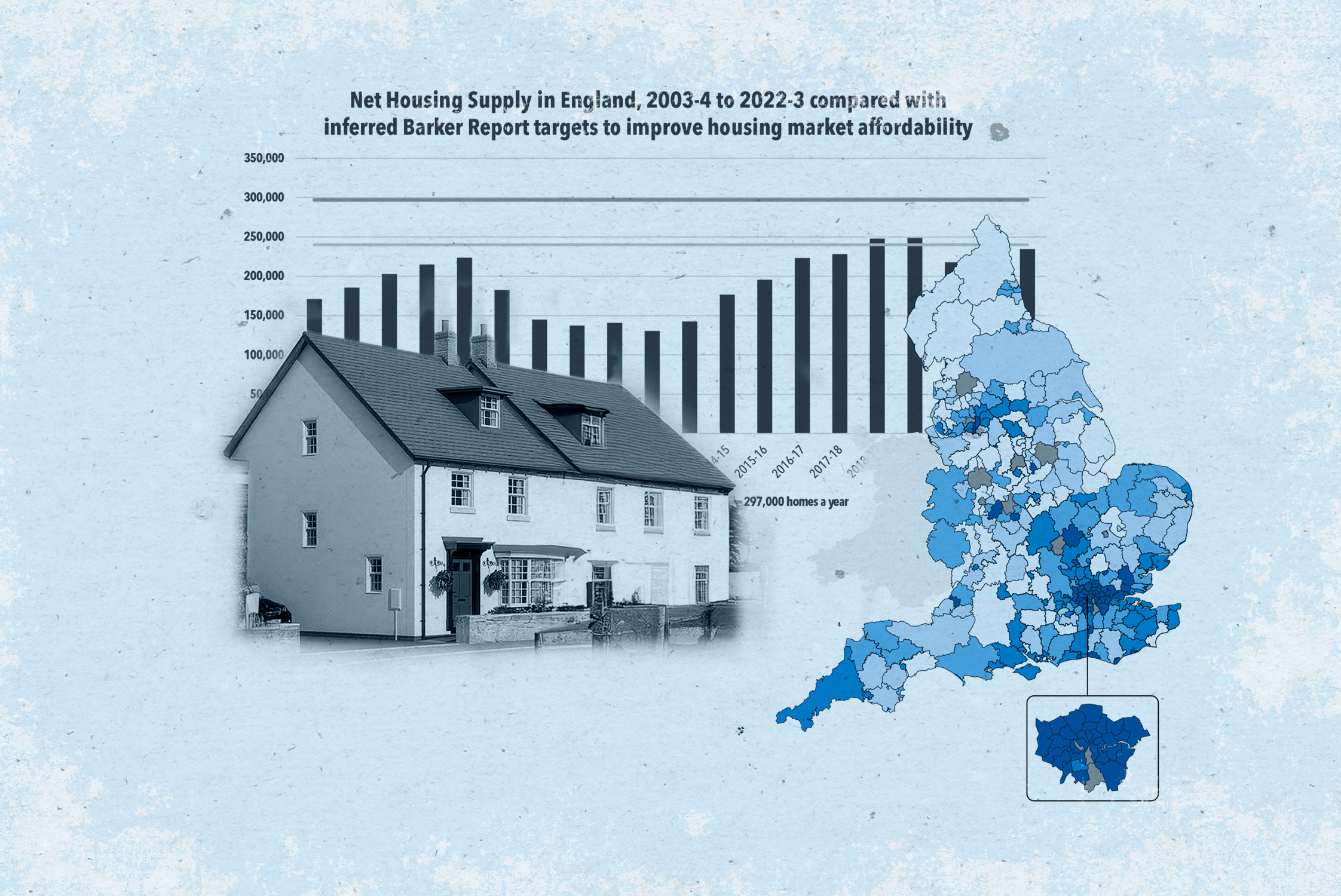You are viewing 1 of your 1 free articles
Welsh government outlines ‘fabric, worst and low carbon first’ approach to improve energy efficiency in homes
The government in Wales has set out its ambition to improve the energy efficiency of homes with a “fabric, worst and low carbon first” approach.
The Welsh government said a new Warm Homes Programme will target the least thermally efficient low-income households.
The programme will take an integrated approach that aims to respond to the current cost of living crisis by promoting sustainable Welsh materials.
It also aims to support local skills and jobs, and learn from experience gained in the Welsh government’s Optimised Retrofit Programme (ORP).
The ORP was launched in August 2020 to find the best approach to decarbonising various types of housing.
In April, Inside Housing revealed that more than 40 organisations had shared around 76% of the £150m in additional funding available under the ORP.
The government highlighted that homes accounted for approximately 11% of all greenhouse gas emissions in Wales in 2020.
The government said: “We set out that [houses] need to be net zero by 2050, with publicly owned buildings and social housing leading the way. The new Warm Homes Programme will continue to act as the Welsh government’s primary mechanism to tackle fuel poverty.
“It will also contribute to achieving a net-zero Wales by 2050 and directly enable a just transition – ensuring we leave no one behind as we move to a cleaner, stronger, fairer Wales, through the twin objectives of tackling fuel poverty and the climate emergency.”
In terms of energy-efficiency measures, the Welsh government believes the Warm Homes Programme should focus its efforts and, where required, investment, on improving energy efficiency for those households that are least able to pay for improvements themselves.
However, the programme will target all households in Wales, not just those in fuel poverty, irrespective of tenure and income.
Eligibility for support in the new programme will be based on a low-income threshold, rather than means-tested benefits.
Individuals with a recognised health condition (such as a chronic respiratory, circulatory or mental health condition) living in a home with an Energy Performance Certificate (EPC) rating of Band D will also be eligible.
The government added: “The cost of living crisis and increased energy prices are estimated to have pushed up to 45% of Welsh homes into fuel poverty.
“It is therefore more important than ever that we better target households to identify those in most need and those who can most benefit from the support available, for example those homes with the poorest fabric, [as well as] off-grid and rural homes.”
Sign up for our Wales newsletter
New to Inside Housing? Click here to register and receive our Wales round-up straight to your inbox
Already have an account? Click here to manage your newsletters











